Notion and Google Calendar: A Seamless Integration or a Bridge Too Far?
Associated Articles: Notion and Google Calendar: A Seamless Integration or a Bridge Too Far?
Introduction
With enthusiasm, let’s navigate via the intriguing matter associated to Notion and Google Calendar: A Seamless Integration or a Bridge Too Far?. Let’s weave attention-grabbing info and provide contemporary views to the readers.
Desk of Content material
Notion and Google Calendar: A Seamless Integration or a Bridge Too Far?
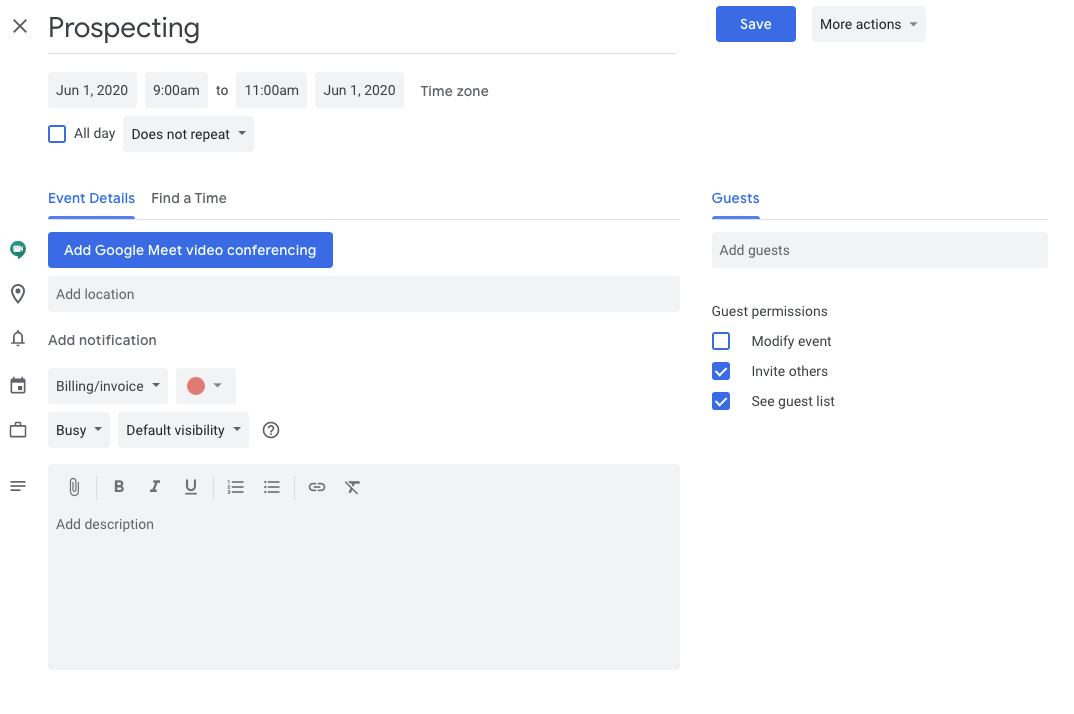
Notion and Google Calendar are two titans of their respective domains. Notion, the all-in-one workspace, provides unparalleled flexibility for note-taking, challenge administration, and database creation. Google Calendar, however, reigns supreme because the world’s hottest scheduling and calendar software. The query many customers grapple with is: can these two highly effective instruments work collectively harmoniously? The brief reply is: sure, however not with out some caveats and workarounds. A really seamless, native integration is at present absent, however a number of strategies enable for efficient connectivity, every with its personal strengths and weaknesses.
The Absence of Native Integration: A Missed Alternative?
The shortage of a direct, built-in integration between Notion and Google Calendar is some extent of frustration for a lot of customers. Think about a world the place you may immediately hyperlink calendar occasions in Google Calendar to Notion duties or databases, mechanically updating statuses and deadlines. This may signify a big productiveness enhance, eliminating the guide effort of retaining two separate programs synchronized. Whereas each platforms boast strong APIs, a local integration stays elusive, leaving customers to depend on varied third-party instruments and workarounds.
This absence may stem from a number of elements. Firstly, each firms are fiercely protecting of their respective ecosystems. A deep integration may require important engineering effort and will doubtlessly compromise the consumer expertise if not carried out flawlessly. Secondly, the inherent variations of their functionalities may pose challenges. Notion’s flexibility in database design and customization contrasts with Google Calendar’s extra structured, event-focused strategy. Bridging this hole requires cautious consideration and strong options.
Workarounds and Third-Social gathering Integrations: Bridging the Hole
Regardless of the dearth of native integration, a number of strategies allow a level of connectivity between Notion and Google Calendar. These approaches differ in complexity and effectiveness, catering to completely different consumer wants and technical experience.
1. Guide Entry: The Easiest (and Least Environment friendly) Methodology:
Essentially the most simple, albeit tedious, strategy is guide information entry. Customers can create duties in Notion and manually add corresponding occasions to Google Calendar. This technique is easy to implement however extremely inefficient, susceptible to errors, and requires fixed vigilance to keep up synchronization. It is solely appropriate for customers with minimal scheduling wants or those that prioritize simplicity over automation.
2. IFTTT (If This Then That): A Easy Automation Resolution:
IFTTT is a well-liked automation platform that permits customers to attach completely different apps and companies. Whereas not providing an ideal mirroring of information, IFTTT can set off actions in Notion primarily based on Google Calendar occasions and vice versa. For instance, you may create an applet that provides a process to Notion when a brand new occasion is added to Google Calendar, or updates a process’s standing when an occasion is marked as full. Nevertheless, IFTTT’s capabilities are restricted, and sophisticated situations may require a number of applets, resulting in potential problems.
3. Zapier: A Extra Highly effective Automation Platform:
Zapier provides a extra refined and versatile various to IFTTT. It offers a wider vary of integrations and permits for extra advanced automation workflows. Just like IFTTT, Zapier can join Notion and Google Calendar, enabling automated process creation, updates, and reminders primarily based on calendar occasions. Zapier’s visible interface simplifies the creation of "Zaps" (automated workflows), making it extra accessible to non-technical customers. Nevertheless, Zapier’s extra superior options include a subscription price, making it a much less budget-friendly possibility for some customers.
4. Google Sheets as an Middleman: Leveraging Spreadsheet Energy:
Google Sheets can act as a bridge between Notion and Google Calendar. By utilizing Google Apps Script, customers can create customized scripts that mechanically import information from Google Calendar right into a Google Sheet after which export it to Notion utilizing the Notion API. This strategy requires some programming information however provides a extremely customizable and highly effective resolution. It permits for advanced information transformations and manipulations, enabling customers to create refined workflows tailor-made to their particular wants.
5. Customized Integrations and APIs: For the Technically Inclined:
For builders and customers with superior technical expertise, direct interplay with the Notion and Google Calendar APIs provides probably the most flexibility and management. This strategy permits for the creation of customized integrations tailor-made to particular necessities. Nevertheless, it calls for a powerful understanding of programming languages, API documentation, and the intricacies of each platforms. That is probably the most difficult but additionally probably the most rewarding technique, providing full management over information synchronization and workflow automation.
Selecting the Proper Method: Issues and Commerce-offs
The optimum strategy to connecting Notion and Google Calendar is dependent upon a number of elements, together with:
- Technical experience: Guide entry requires no technical expertise, whereas API integration requires important programming information.
- Funds: IFTTT is free for primary use, whereas Zapier and customized integrations might contain subscription charges or improvement prices.
- Complexity of necessities: Easy synchronization wants will be met with IFTTT or guide entry, whereas advanced workflows may necessitate Zapier or customized integrations.
- Knowledge quantity: Excessive information quantity may overwhelm IFTTT or Zapier, necessitating a extra strong resolution like a customized integration or Google Sheets middleman.
Conclusion: A Work in Progress
Whereas a local integration between Notion and Google Calendar stays a fascinating characteristic, the out there workarounds present viable options for connecting these two highly effective instruments. From easy guide entry to advanced API integrations, customers can select the strategy that most closely fits their wants and technical capabilities. The present panorama suggests {that a} strong, native integration is probably going a matter of "when," not "if." Till then, the varied vary of workarounds ensures that customers can leverage the strengths of each Notion and Google Calendar to boost their productiveness. The continued evolution of each platforms and the event of recent third-party instruments promise much more seamless integration choices sooner or later.

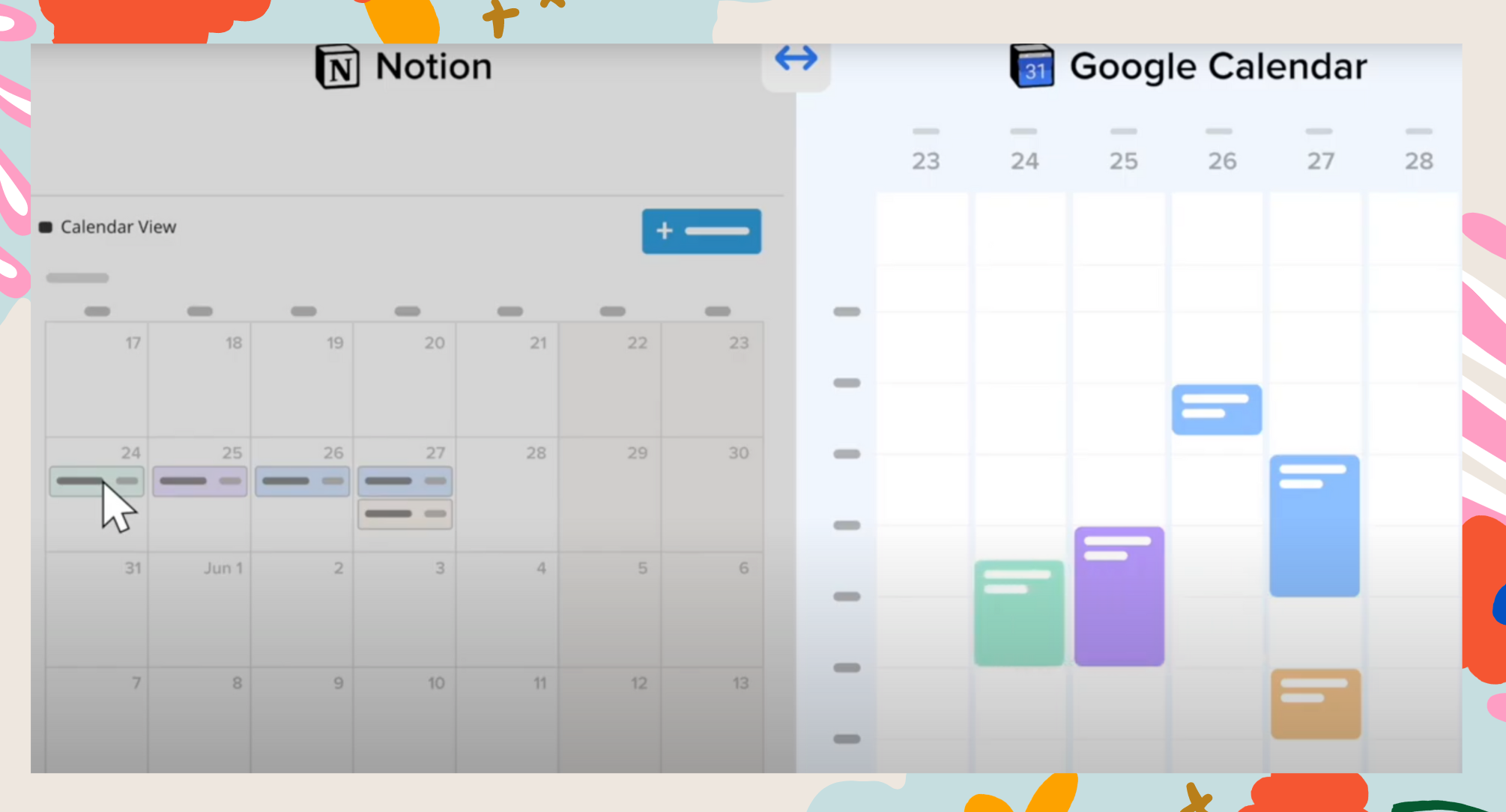
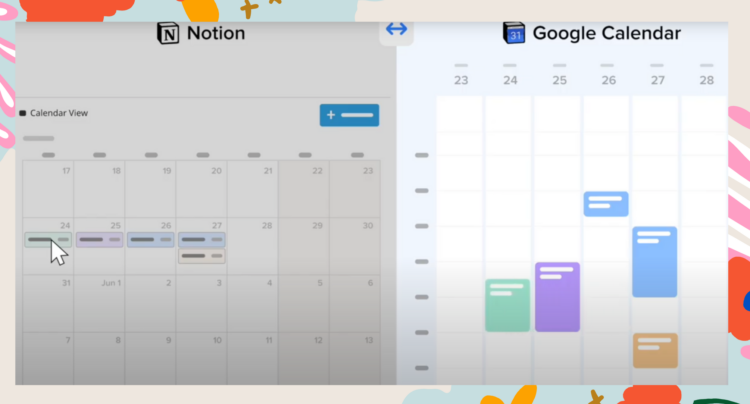



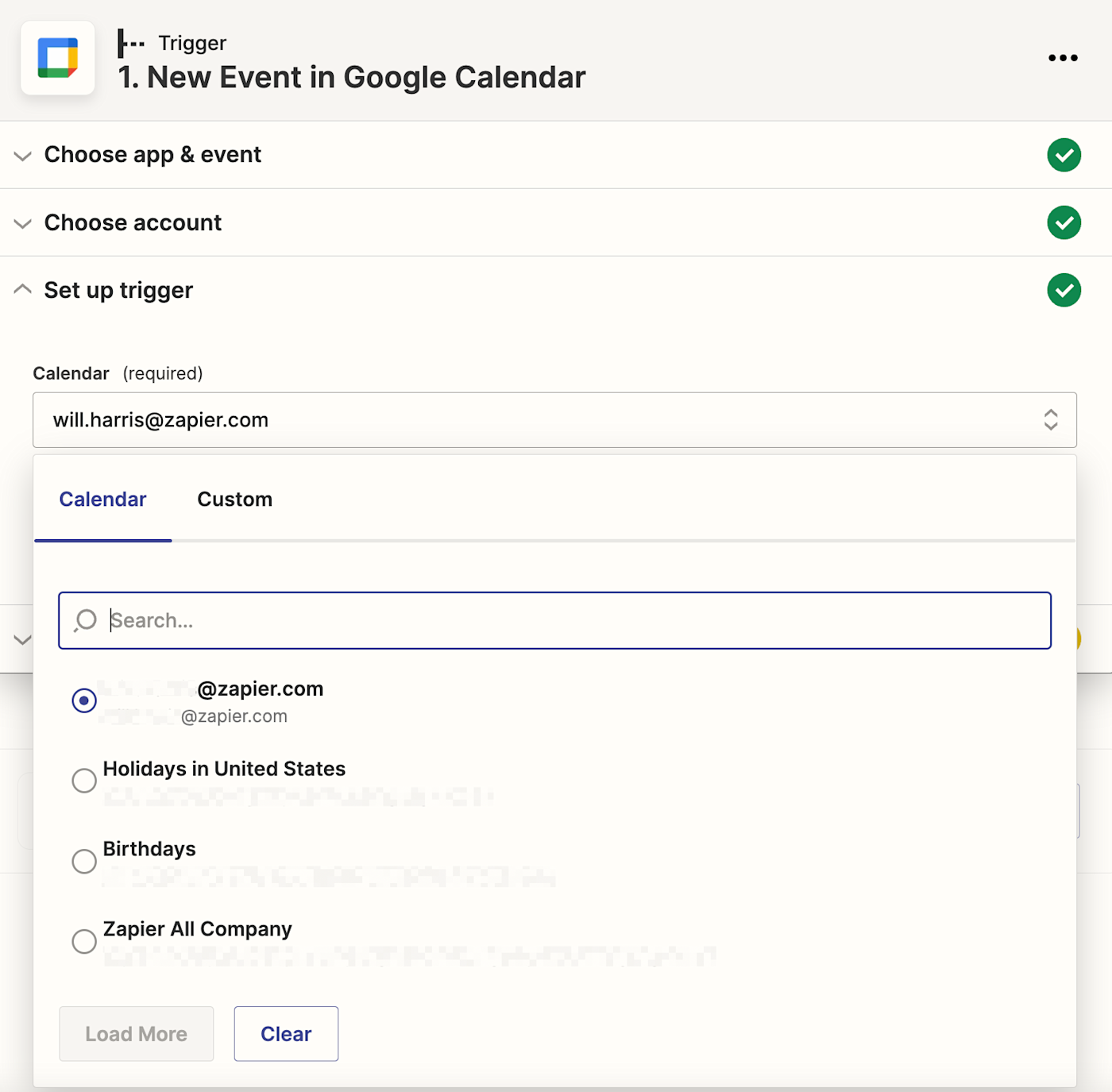
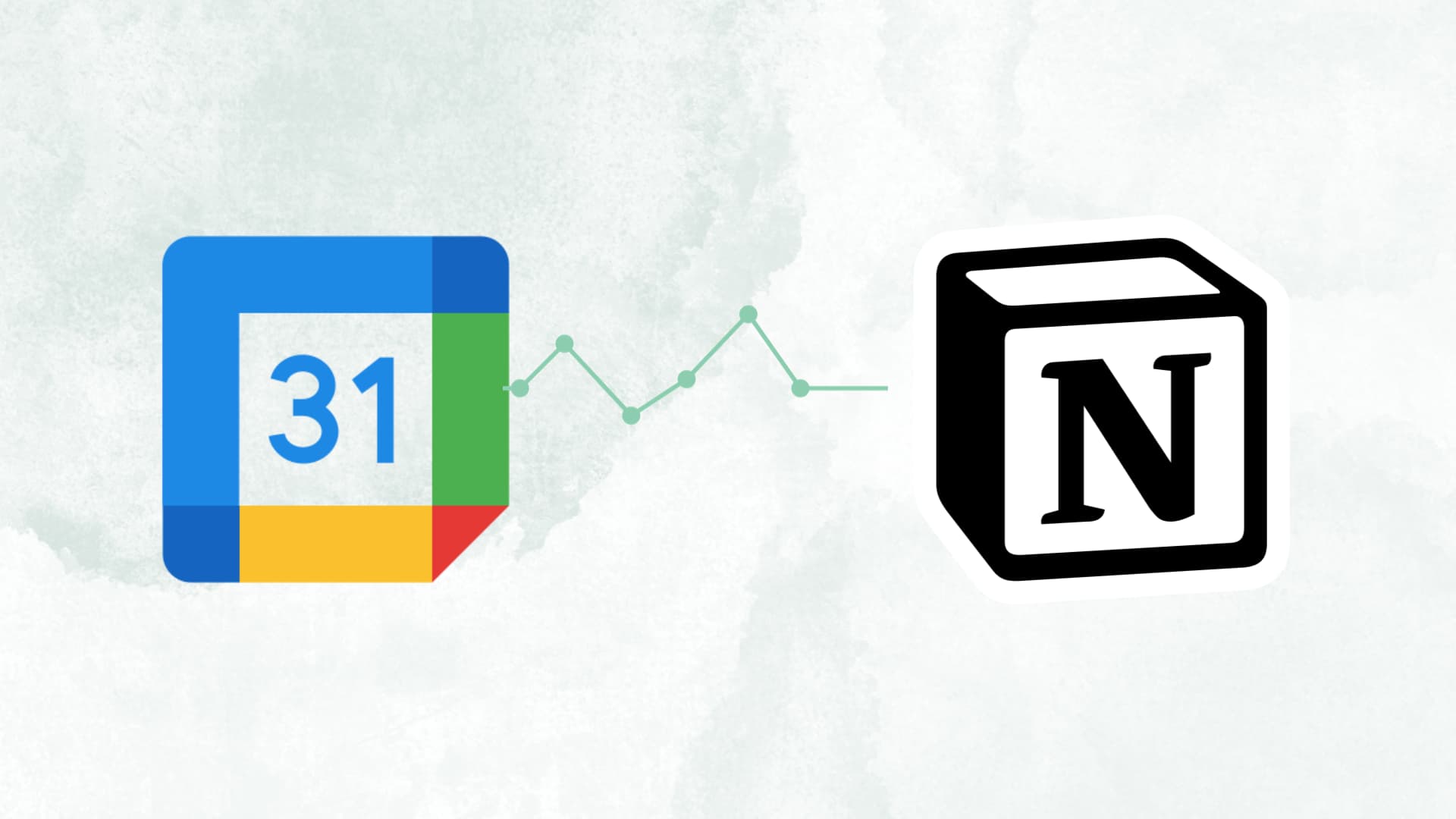
Closure
Thus, we hope this text has offered invaluable insights into Notion and Google Calendar: A Seamless Integration or a Bridge Too Far?. We respect your consideration to our article. See you in our subsequent article!